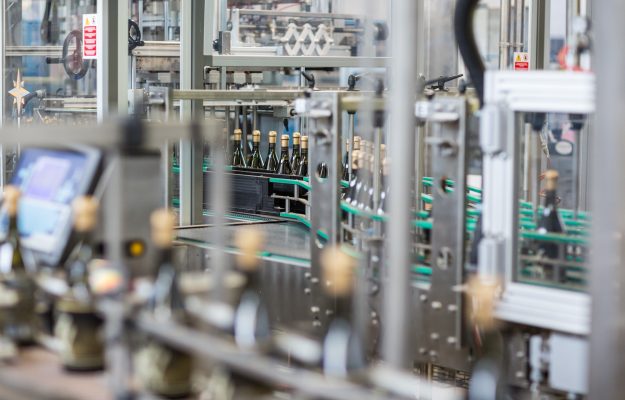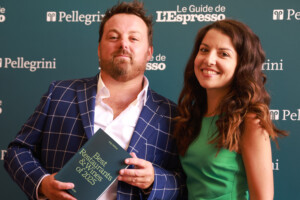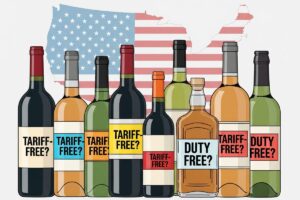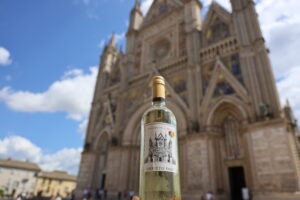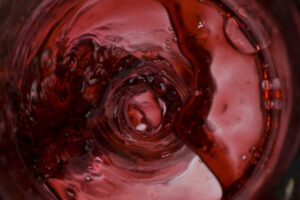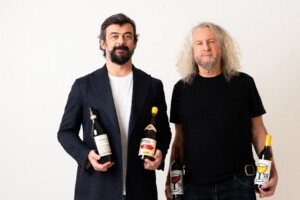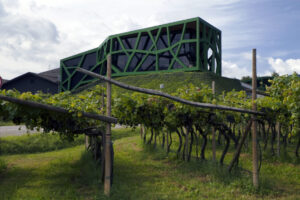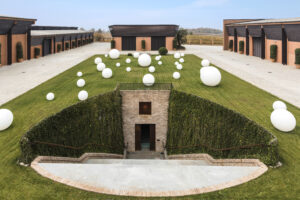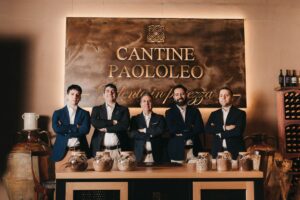While the attention of the news is once again almost entirely absorbed by the fourth wave of Covid-19 and the “Omicron variant”, the world of production and consumption of all goods is having to deal with the huge increase in costs, which is holding back consumption, reducing company margins and the purchasing power of consumers. This also applies to wine, where "the impact of rising production costs on the sector shows no sign of diminishing, not only in Italy, but also in France and Spain, the other two main European wine-producing countries. In Italy, increases in the third quarter of 2021 have reached a range of +8/12%, with a peak of +24.4% recorded by the surge in energy costs". This was stated by the wine cooperatives of France, Italy and Spain, which represent over 50% of the European Union's wine production, in a joint note analyzing the market situation in the three countries. What is worrying are the supply difficulties experienced in many cases by the companies, which are also forced to cope with transport costs that have doubled, especially abroad, resulting in serious delays in product delivery, which often end up becoming additional costs.
“The increase in the cost of raw materials has negative repercussions along the entire supply chain”, comments Luca Rigotti, coordinator of the wine sector of Alleanza Cooperative Agroalimentari, who is also head of the Copa-Cogeca Wine Working Group (as well as president of the Trentino cooperative Mezzacorona, ed.). “The increases range from the cost of electricity to that of fertilizers, but the prices of glass, boxes, packaging and building materials are also rising. At the moment, however, wine prices have not risen to the extent that they can absorb the increase in costs, which is mainly borne by producers”. The main consequence is that in order to cope with price increases, explain the cooperatives in France, Spain and Italy, companies are stopping or postponing their modernization plans and are in fact unable to plan and make new investments, especially those that should meet the challenge of the ecological transition of the European wine sector indicated by the “Farm to Fork” strategy.
To complete the current market situation, which is fairly homogeneous in the three countries, there are positive signs coming from an increase in sales prices (caused by a lower than average harvest in recent years) and an increase in exports, also supported by the end of US duties. The main critical points come not only from the increase in production costs, but also from the fear of a possible reintroduction of restrictions in the Horeca channel due to the continuation of the Covid-19 pandemic, which would end up having a destabilizing effect and a heavy impact on European wine consumption. “Even in these difficult situations, it is necessary to maintain market stability, guaranteeing customers a certain continuity of supply. In this situation”, concludes Rigotti, “even the limits imposed by Farm to Fork could potentially contribute, in the medium term, to a reduction in European production, with the inevitable consequence that the drop in production would lead to an increase in non-EU imports”.
Copyright © 2000/2025
Contatti: info@winenews.it
Seguici anche su Twitter: @WineNewsIt
Seguici anche su Facebook: @winenewsit
Questo articolo è tratto dall'archivio di WineNews - Tutti i diritti riservati - Copyright © 2000/2025










